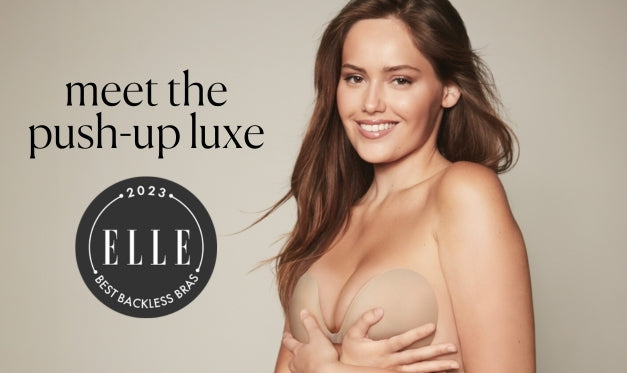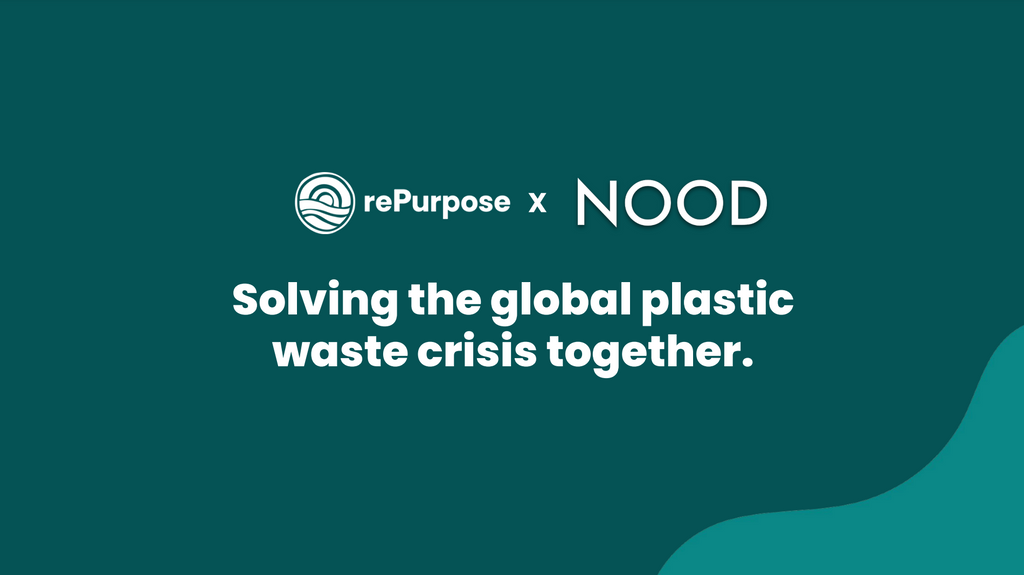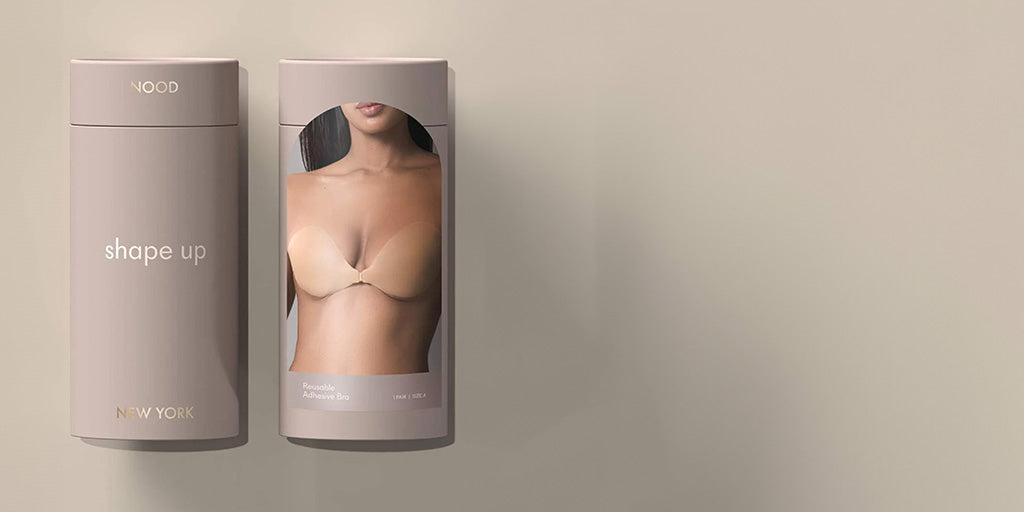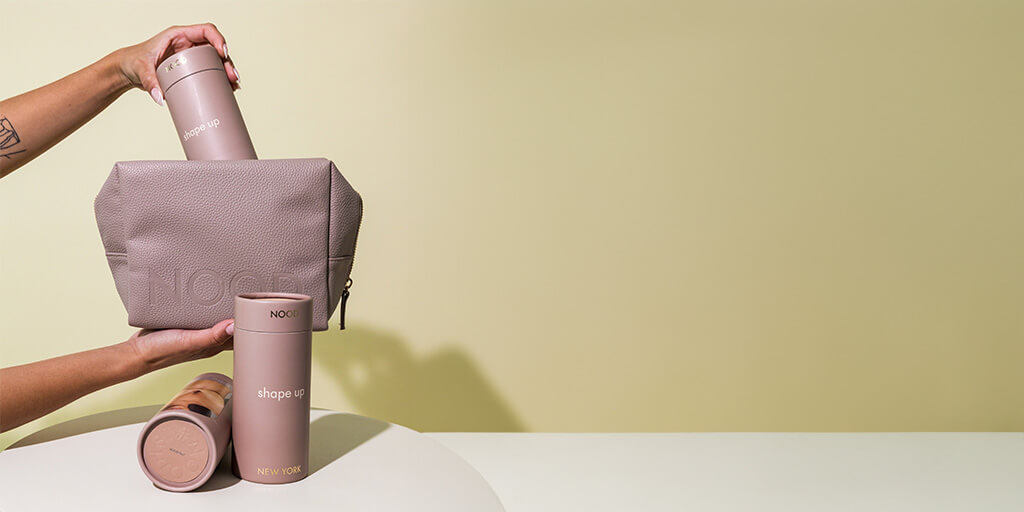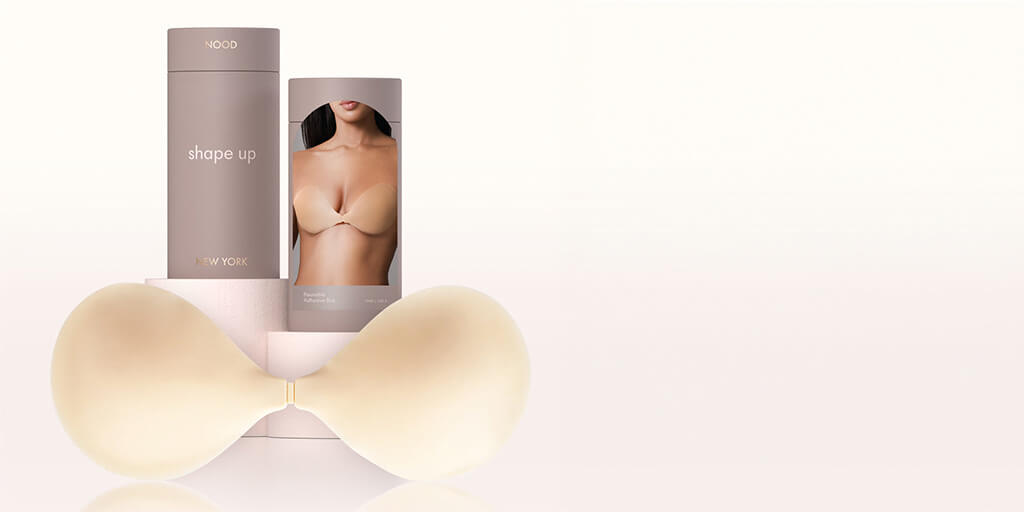It's far from new news that the fashion industry has a packaging problem. Globally every year, 180 billion polybags and 100 billion hangers lined landfills and a small percentage gets recycled.
Over the last five years, many brands have made steps in the right direction when it comes to sustainability whether it’s going zero waste, switching to more planet-friendly materials like aluminum, or investing in refillable or reusable solutions. The next trend gaining traction? Plastic negative fashion. It might sound like a contradiction in terms but when done right can make a difference to our planet.
NOOD has been ahead of the curve in the sustainability game for years with our hemp fabrics, reusable solution wear, FSC certified packaging, soy inks and carbon compensated shipping and compostable packaging.
But our biggest impact is through being certified Plastic Negative.

How can a brand be plastic neutral or plastic negative?
To start with, a brand must calculate how much plastic they use. This might sound simple but this isn’t just about the products that end up in your bathroom but the entire supply chain. Brightman highlights how they have to include both direct and indirect plastic. Direct being something they have control over like the packaging, and indirect being something they have less say about like how it is shipped to stores or distributors. Once calculated, brands tend to partner with an organization who do the work in removing plastic from the environment.
NOOD x rePurpose Global.
For every product we sell, we are contributing a percentage towards vetted impact programs that will remove more plastic waste from the environment than we create in our packaging and operations,' CEO Astrid Montalta explais. 'Plastic neutral would be the removal of as much plastic as your brand uses, plastic negative means we remove twice as much as we use. It costs us more but it’s the right thing to do'. We partner with rePurpose Global on this.

Of course, there is no way to magically unmake plastic that has been created but by working in this way brands can invest in schemes which help deal better with the plastic already in our environment. NOOD supports Project Anant Pranay in Aurangabad, India, that collects and ethically processes neglected low-value plastic that would otherwise be destined for nature.
What about greenwashing?
With terms like plastic negative or neutral, it’s natural to assume that a dash of greenwashing might be going on. At the crux of it, the most sustainable and plastic-free option is always buying nothing over buying something. However, buying from brands that are investing in positive waste schemes offered by organizations like rePurpose Global can be a good thing. But this shouldn’t be a way of paying the way out of the problem - and we don’t let it be. We reduce plastic across our product lines to the bare minimum and we won’t stop there. As biotech develops more and more, we are always on the hunt for materials to replace the last few plastic packaging elements left! We’ll be plastic-free very soon.

